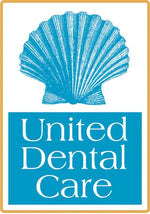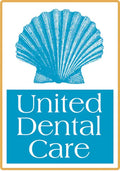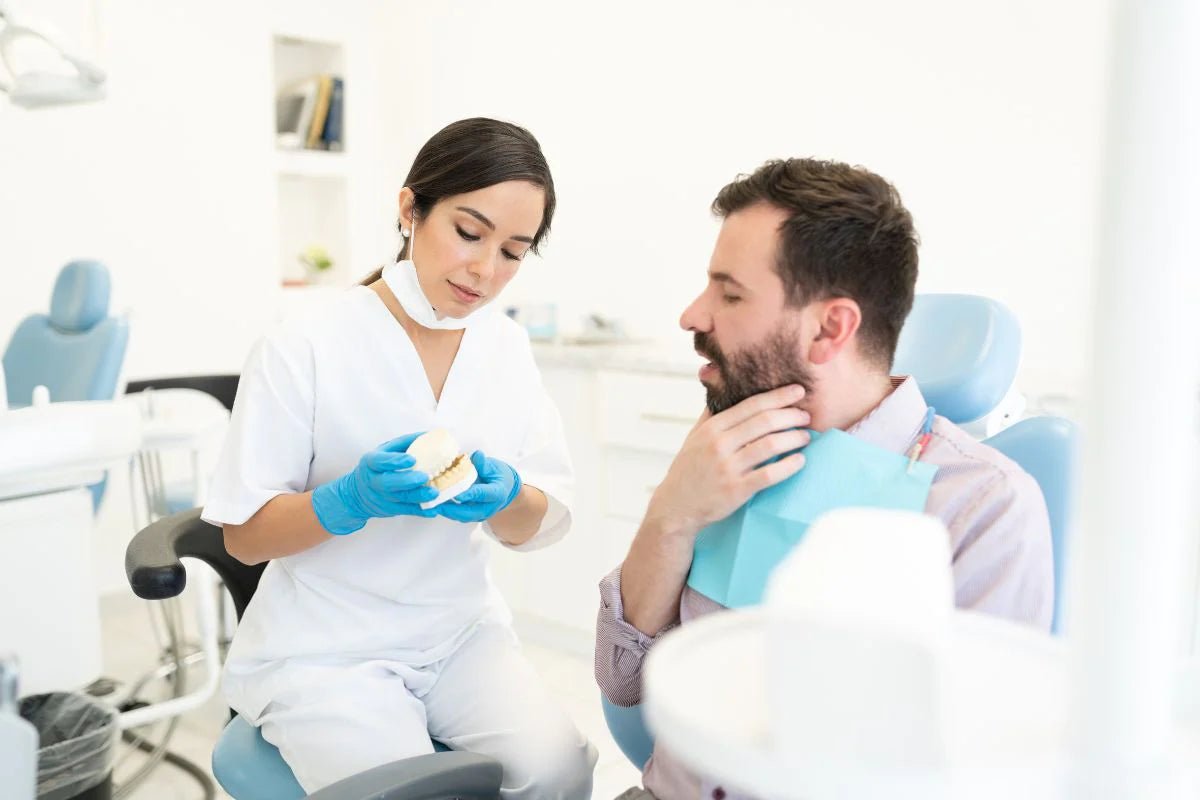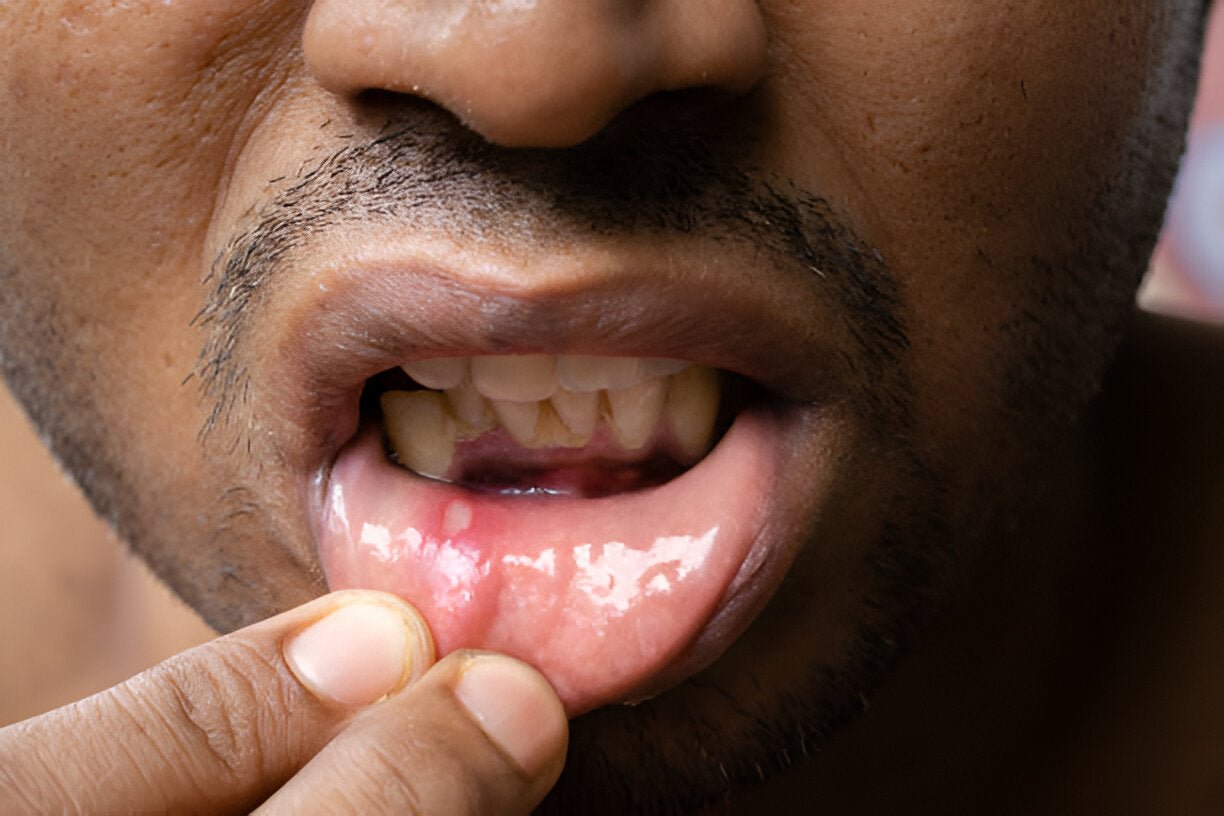Sore Throat After Tooth Extraction: Causes and Home Remedies
Bleeding, swelling, and pain are just some of the most common sensations patients experience after a tooth extraction. Believe it or not, a sore throat can also occur after a tooth removal.
These sensations arise from the healing process and can be effectively managed with medication and proper care provided by your dentist in Culver City.
How does your throat become sore after tooth extraction? This article explains the unsurprising connection and offers soothing home remedies.

Symptoms of Sore Throat After Tooth Extraction
We all know that annoying feeling of having a sore throat. It’s as if you’ve swallowed a sandpaper. A typical symptom can range from a mild irritation to a sharp, burning sensation that may worsen when swallowing or talking.
A sore throat can indicate a variety of issues, including viral or bacterial infections, allergic reactions, acid reflux, or irritation due to strain.
Extraction-related soreness has the same symptoms but with the “most unsurprising” causes.
What Causes Sore Throat After Dental Extraction
A sore throat after a tooth extraction, including wisdom tooth removal, is a perfectly normal occurrence and shouldn't cause alarm. As mentioned, causes might appear unsurprising for most patients. Let’s discuss them one by one.
Dry mouth
Drying out your mouth with air tubes, rubber dams, and cotton wool is often necessary to prevent saliva from causing your dentist inconvenience. As a result, your mouth can feel uncomfortably sticky and dehydrated, like a dry porch on a summer afternoon. General anesthesia can also lead to dry mouth.
There’s no existing body of research that connects dry mouth to sore throat. But in principle, saliva is a natural lubricant for the mouth and throat. When dry, your mouth or throat is more prone to irritation.
This irritation can manifest as a scratchy, burning, or raw feeling in the throat, like what you might experience with a sore throat caused by a cold.
Dental infections
The chances of getting an infection after a tooth extraction are very slim. In fact, a study shows that only 25 out of 1821 patients reported postoperative infection. Nevertheless, infections occur, and one of its implications is a sore throat. A dental infection might accompany a sore throat with severe tooth pain and a swollen mouth. Such cases can happen after a wisdom tooth removal.
Inflammation or swelling
Post-operative swelling is normal in dental extraction. This happens because your body is sending extra blood and healing cells to the area to clean things up and rebuild tissue. The process involves increased blood flow and the accumulation of immune cells and fluids, which are all part of the body's natural healing response to trauma.
The swelling might feel a bit puffy for the first few days, reaching its peak around 48-72 hours. During its peak, the swelling or inflammation can extend to the throat, leading to temporary discomfort in that area. The good news is that it will then gradually get better over the following days.
Preventive Measures for Post-dental Sore Throat
Preventing post-dental sore throat solely depends on your knowledge of its underlying cause, which is practically difficult to predict. Nevertheless, following these preventive measures will help you avoid getting throat irritation:
- Drink plenty of water before and after going to the dentist. That involves taking a least six to eight glasses a day.
- Follow your dentist’s post-extraction instructions such as taking a good rest and avoiding strenuous activities such as lifting or running.
- Maintain good hygiene (e.g., washing your hands often)
- Avoid smoking or alcoholic products that may infect the extraction site.
Home Remedies and Recovery Tips
Dealing with an irritated or itchy throat can hijack your productivity. It can either take your energy away or leave you struggling to focus throughout the day. But fear not!
Alongside following your dentist's instructions, here are some natural and safe home remedies you can use to manage soreness and promote healing.
Gargle with saltwater
Don’t ditch that classic salt and water solution. Aside from the fact that salt helps reduce inflammation, it can also dislodge any lingering food particles that can harbor bacteria around the extraction site.
Dissolve a half teaspoon of table salt in a glass of warm water. Eight ounces (one cup) is a good volume for gargling.
Gently gargle the solution for 30 seconds, swirling it around your mouth and ensuring it reaches the affected area. Spit it out and repeat 2-3 times daily, especially after meals.
Apply a cold compress
Minimizing swelling or inflammation involves reducing blood flow. Applying a cold compress helps constrict the inflamed blood vessels. Also, reduced blood flow means fewer inflammatory cells reaching the affected area, thus leading to less intense inflammatory response.
In addition, a cold compress can be a soothing solution for pain relief as it has a numbing effect. This can be particularly helpful for inflamed or irritated throat.
Sip a warm mix of lemon and honey
The soothing power of warm lemon and honey has been a trusted home remedy passed down through generations. While there’s no exact evidence proving the power of honey and lemon to cure sore throat, they both contain substances such as Vitamin C and antimicrobial properties that help fight cough or flu-related symptoms, including sore throat.
The magic of this age-old remedy lies in finding the perfect balance between honey's sweetness and lemon's tang. Honey, if taken in an undiluted form, might be too much for your taste buds, while lemon juice can be too acidic if sipped directly from a spoon or glass.
When To See a Dentist In Culver City
If you show signs of a sore throat that has progressed or failed to improve within five days, it’s important to see your dentist in Culver City right away. You should also watch out for the following symptoms:
- Bleeding around the extraction site
- Difficulty swallowing or drinking
- Severe pain in the mouth
For a worry-free recovery and to address any lingering dental concerns, schedule a follow-up appointment with our dentist at United Dental Care in Culver City. We’ll provide the best course of treatment to get you back on the road to recovery.




 By:
By: 


